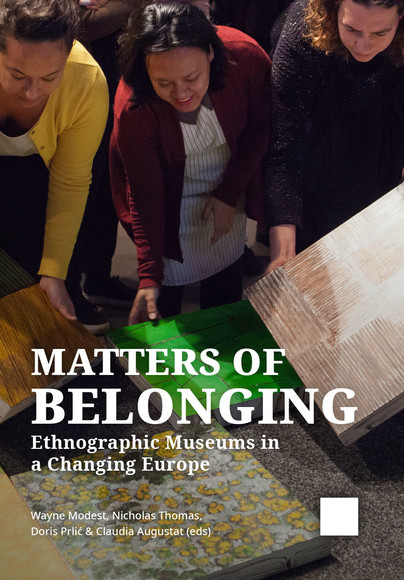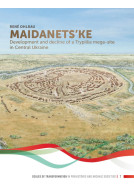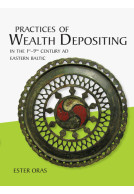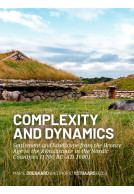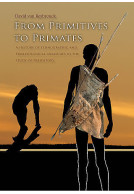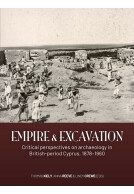Google Books previews are unavailable because you have chosen to turn off third party cookies for enhanced content. Visit our cookies page to review your cookie settings.
Matters of Belonging (Paperback)
Ethnographic Museums in a Changing Europe
Imprint: Sidestone Press
Pages: 150
Illustrations: 25fc/16bw
ISBN: 9789088907777
Published: 10th October 2019
Script Academic & Professional
Pages: 150
Illustrations: 25fc/16bw
ISBN: 9789088907777
Published: 10th October 2019
Script Academic & Professional
You'll be £30.00 closer to your next £10.00 credit when you purchase Matters of Belonging. What's this?
+£4.99 UK Delivery or free UK delivery if order is over £40
(click here for international delivery rates)
Need a currency converter? Check XE.com for live rates
(click here for international delivery rates)
Need a currency converter? Check XE.com for live rates
Matters of Belonging foregrounds critical practices within ethnographic museums in relation to their diverse stakeholders, with a special focus on collaboration with artists and differently constituted, self-identified communities. The book emerges from the EU-funded project SWICH (Sharing a World of Inclusion, Creativity and Heritage) that places ethnographic museums at the centre of ongoing debates about Europe’s shifting polity and questions around heritage, citizenship and belonging. Addressing diverse political climates and citizenship regimes, legal frameworks and colonial/migratory histories, the articles seek to question the role of ethnographic and world cultures museums within contemporary negotiations of how to define Europe, Europeans, and European heritage, especially mindful of the region’s colonial and migratory pasts.
The book is neither celebratory nor congratulatory, and does not depict a triumphal overcoming by ethnographic museums of their troubled pasts. Its aim is to think critically about these museums’ responses, to identify both pitfalls and positive developments, and to sketch out possible futures for museums generally, and ethnographic museums specifically, as they try to locate themselves within discussions about Europe and its futures.
Core to the book’s argument is that it may exactly be in their entanglement with the colonial past that these museums can become important sites for thinking about colonial entailments in the present. Facing up to this past is the beginning of addressing these larger legacies. The authors suggest that the ethnographic museum has been the site not just for trenchant questioning of colonial durabilities in contemporary Europe, but also for the development of new practices – of collaboration and authority-sharing, of recognition and belonging. The book explores these models, not as complete, but as a starting point to push forward new practices.
Other titles in Sidestone Press...







